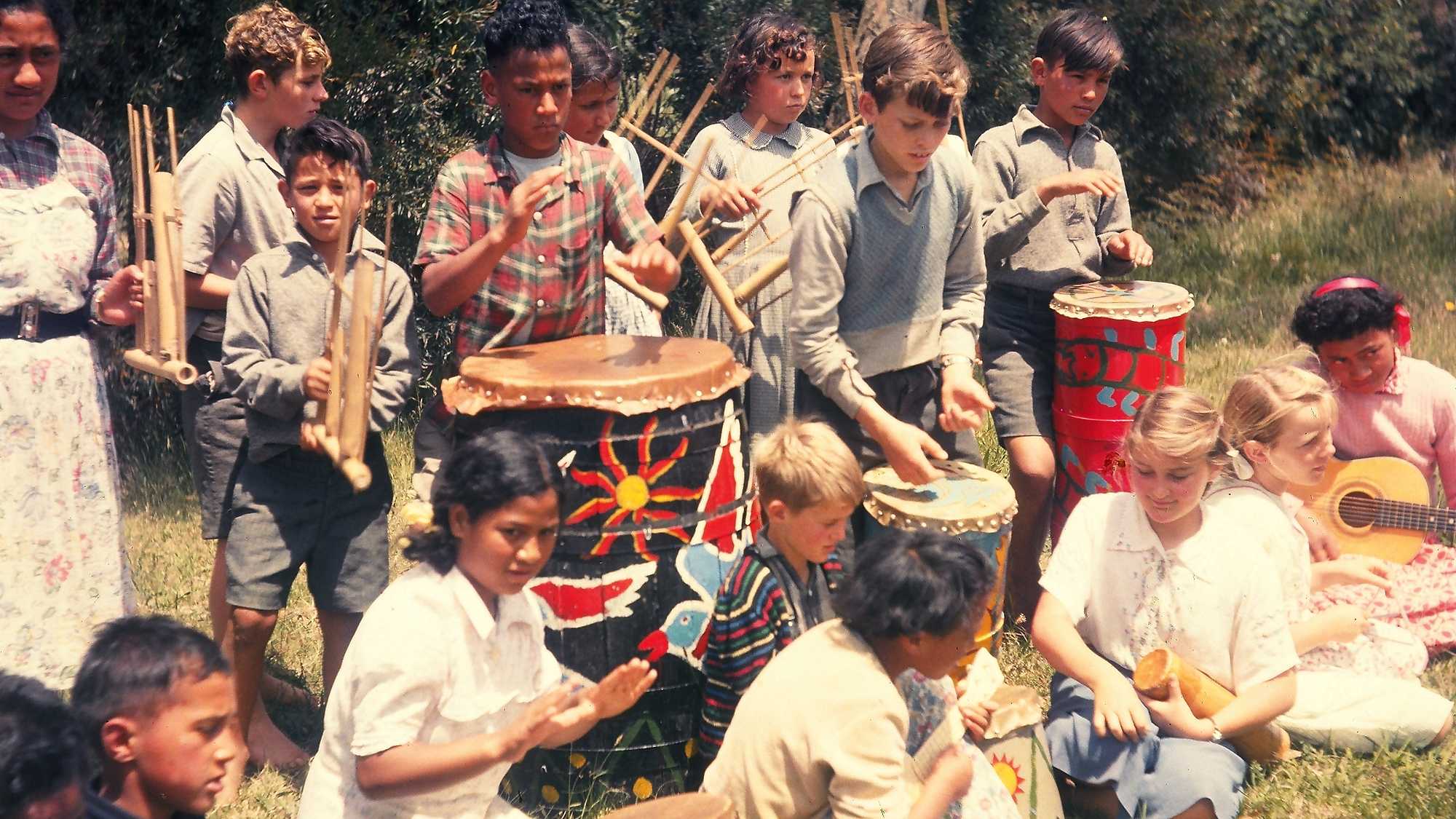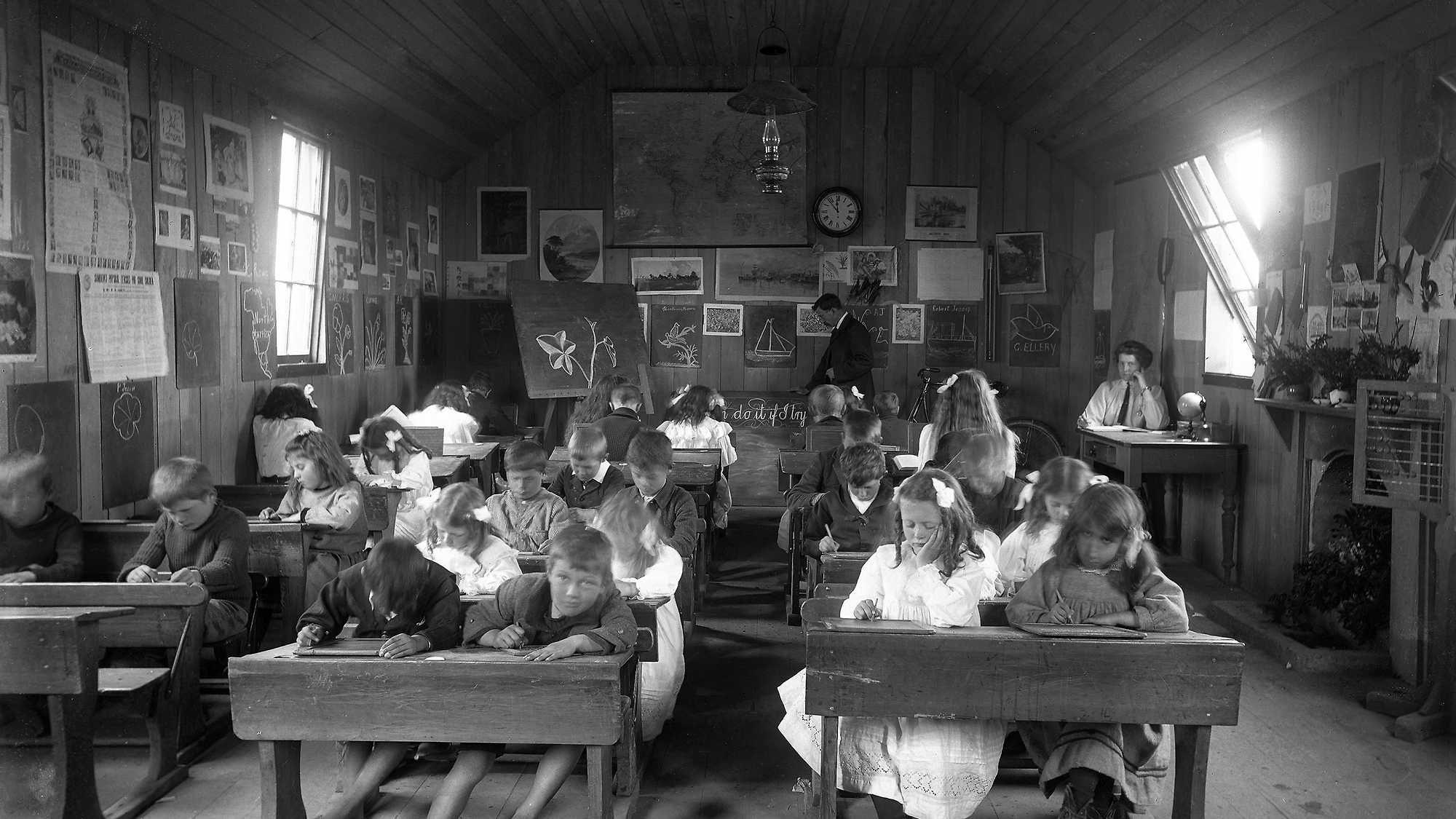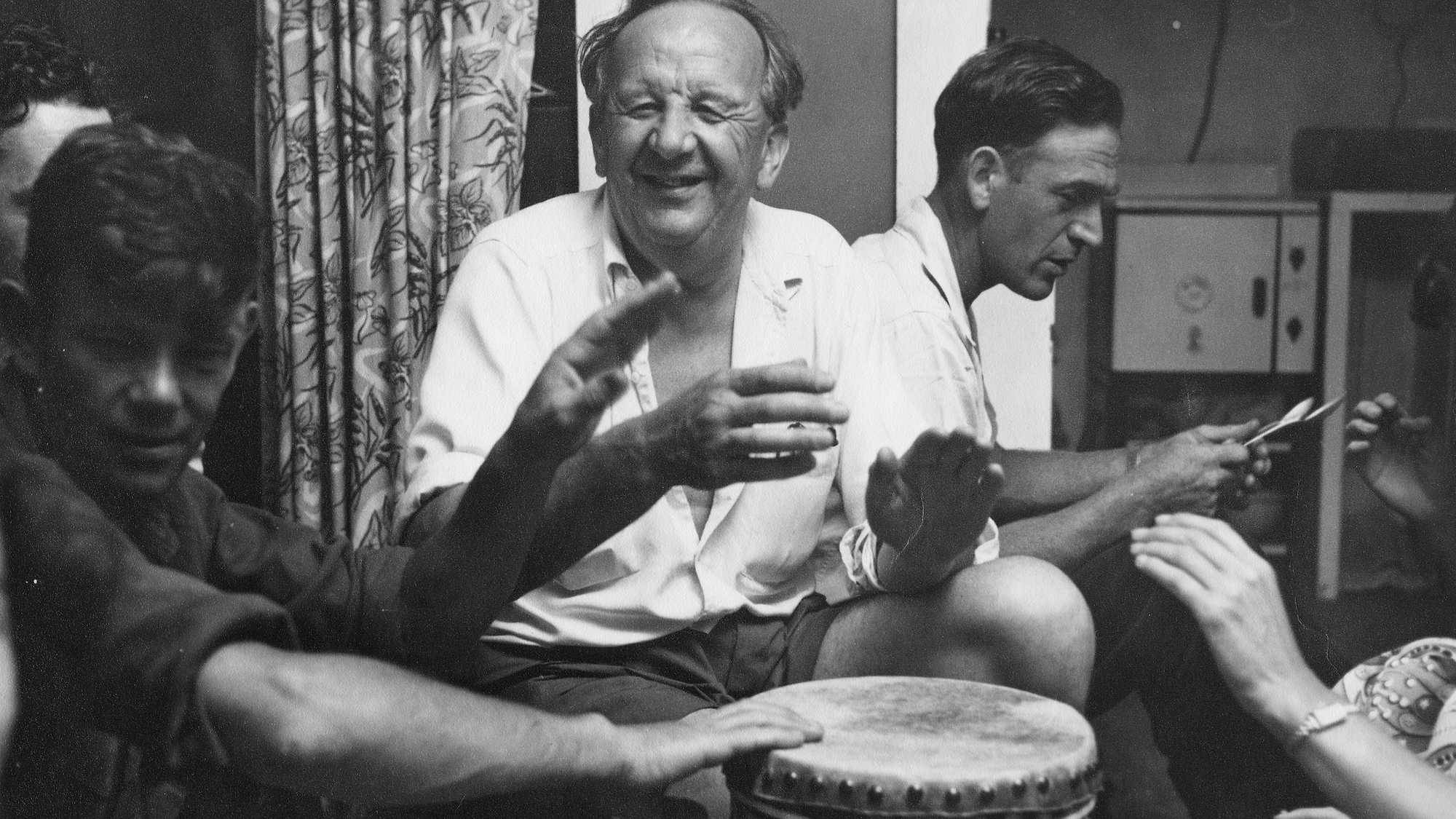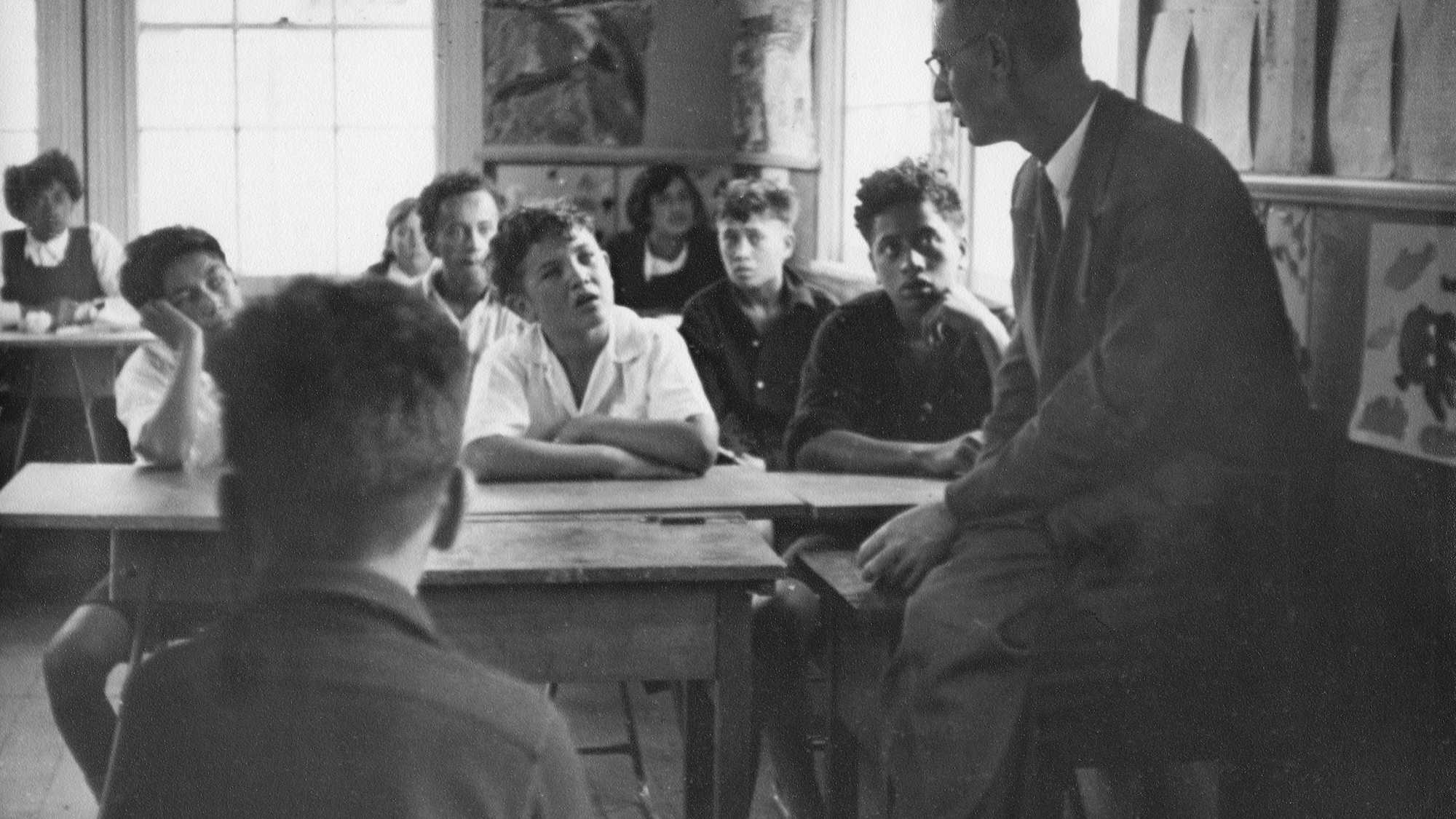Luit Bieringa’s richly archived documentary examines the legacy of Gordon Tovey and the post-war education programmes that put art, artists, and Māori arts in particular, into the New Zealand classroom.




New Zealand needs a strong story that challenges the notion of the arts as a ‘frill’ in the educational process.
The heART of the Matter 2016
Under the leadership of a legendary director general of education, Clarence Beeby, the years immediately after World War II saw the most remarkable shifts in educational philosophy New Zealand had ever experienced.
Luit Bieringa’s documentary traces those changes and the army of men and women who worked to establish a thoroughly bicultural and arts-centred education system. Gordon Tovey, national supervisor of arts and crafts, and his team of artists and art specialists fostered the lively and colourful classrooms that New Zealand is familiar with today, in stark contrast to the rote-learning environments preceding them. Contributing art specialists included Cliff Whiting, Para Matchitt and Ralph Hotere. Critically, they ensured that aspects of Māori art such as kōwhaiwhai, kapa haka and waiata had a central place in our mainstream classrooms through in-depth consultation with Ngāti Porou kaumātua Pine Taiapa. Replete with archival interviews and little-seen footage, this film is likely to transport any Kiwi-educated boomer back to school, but its richly storied excavation of the past is as clearly pointed towards the future as once were its public-servant heroes.
“Given current challenges in education, and because this rich history is beginning to fade from living memory, ‘Tovey era’ stories need revisiting now more than ever… New Zealand needs a strong story that challenges the notion of the arts as a ‘frill’ in the educational process. Not arts or science – but both taught creatively for our children, students of all cultures, and the public at large to enhance and partake of the challenging future.” — Jan Bieringa
“Every person whatever his able ability, whether be rich or poor, whether he live in town or country, has a right as a citizen to a free education, of the kind for which he is best fitted and to the fullest extent of his power... That idea was deep in the public consciousness, deep in the public aspirations, and deeper still after the war. When again, like after the Depression, the country felt a sense of guilt for what they'd done for the young. And nobody! nobody! nobody would challenge that.” – Clarence E. Beeby, Director of Education 1940 - 1960